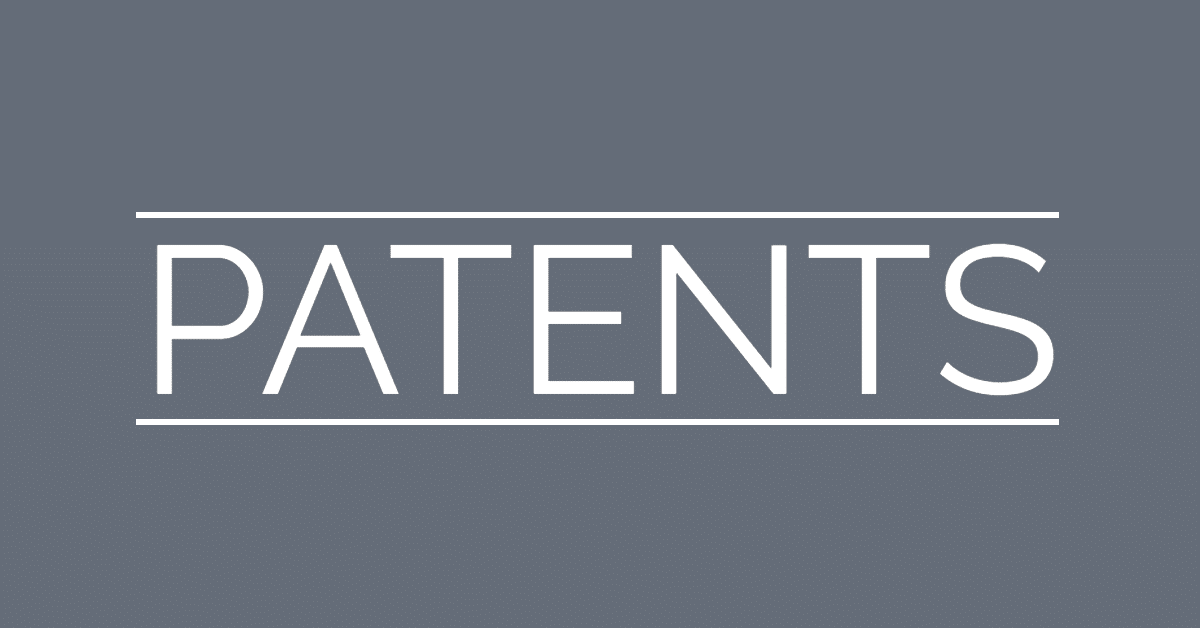Domain suggestions are outside of the box.
The U.S. Patent and Trademark Office has granted patent number 10,812,449 (pdf) to Verisign (NASDAQ: VRSN) for Method for generating a domain name using a learned information-rich latent space.
It describes several technical ways to suggest domain names to people based on a seed domain. This includes neural networks, adding Gaussian noise, and vector representations.
If you don’t know what all of this means, join the club. But the patent summarizes why this is better than name suggestion engines available today:
Disclosed embodiments provide many technical advantages over the prior art, including over word-based and character-based language model techniques. Various embodiments disclosed herein generate domain names at a character level and not bounded by a word dictionary. Moreover, the present application can provide for a more fine-grained control over the generated domain names (e.g. ability to generate a domain similar to one or several other domains, to control what kind of features are varied (e.g., syntax, length, semantics), to control how much a domain should be varied, the ability to blend multiple domains together, etc.). Further, the present application can provide a more focused domain name generation technique based on an individual’s needs and interests than those that are selected or generated by other techniques. Some embodiments have the ability to capture deep contextual relationships at the character-level. These and other advantages are disclosed herein. Various technical improvements include, but are not limited to, making use of a learned information-rich latent space, learn by a variational autoencoder, that provides ways to generate more targeted domain name suggestions, one of which the user is likely to select early in the process. This technique is a technological improvement over prior art domain name generators in that it creates and suggests domain names that are targeted and customized and more relevant for the particular user, which allows a user to find and register a satisfactory domain name more quickly, which reduces bandwidth usage, processor usage, storage, and wasted user time.
Some of the examples show how this patent goes beyond just combining prefixes and suffixes with keywords:
The method of FIG. 6 may be applied to generate new domain names that are syntactically and/or semantically similar to the seed domain name. FIG. 8 shows three examples for varying a seed domain name 800, according to the technique of FIG. 6 and other embodiments of the present disclosure. For a seed domain name “OrganicFood” 802, the model can produce the following similar domain names: OrganicShop, Organic-Shop, Organics, OrganicBox, HealthyBoy, OrganicalLab, Organicon, OrganicFoodTruck OrganicFoodBag, OrganicSoup, Organi, Organis, and OnlineSpoon. For the seed domain name “RealEstate” 804, the model can produce the following similar domain names: RealEstateAgents, RealEstateAgency, RentAlert, RealEstateAgentsInc, Realest, EventSales, VendingMan, Realities, RebelSales, LearnToBeARealEstateAgent, RealEstateBusiness, and RealEstateAgentServices. For the seed domain name “Verisign” 806, the model can produce the following similar domain names: Verifix, Verifixx, Verifica, Verific, Vericina, Verification, Verifications, MegaFire, MegaFiles, MegaCall, MegaSign, MegaFacil, Verifient, DataBill, WaveSign, and IdStudio. As noted with respect to FIG. 7, the system may produce these outputs or results because they are nearby in vector space from the vector representing the input seed name.
Last month, Verisign got another patent related to using machine learning for name suggestions.
Verisign applied for the newest patent in September 2018 and it was granted yesterday.
Content retrieved from: https://domainnamewire.com/2020/10/21/verisign-gets-another-neural-network-name-suggestion-patent/.

